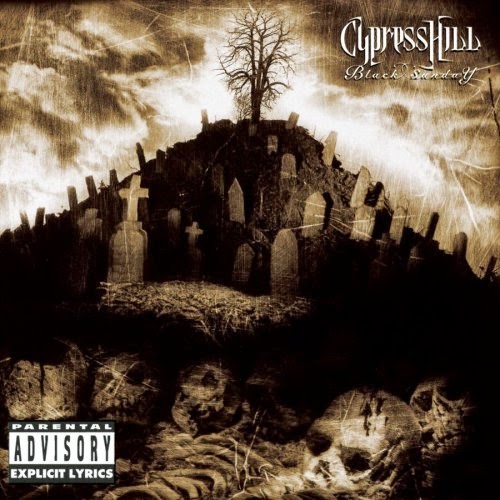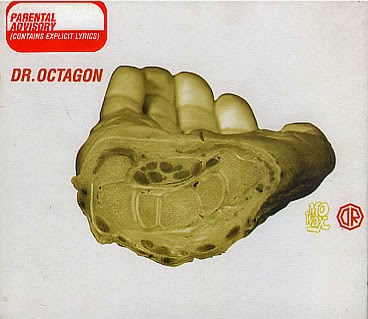Originally published on It Is Happening Again on April 23, 2014
It’s 6.25am on Saturday, 19th April, and I’m
lying in bed in a London hotel room, trying to decide whether or not to get up,
jump on a tube and start queuing outside a record shop in Soho. I’d set my
alarm for 6.30am, but I’ve barely slept a wink so I’m already awake – not
through excitement, but because of a noisy air conditioning unit that JUST WON’T
SHUT UP. The shop in question opens at 8am, but I suspect people will have been
queuing since 4am (it later transpires that the first person through the doors
had in fact been there since 9.30pm the previous evening).
Why? It’s Record Store Day. In theory, this means that, for
one day a year, loyal music fans support their local (or nearest, if you’re
away from home, like me) independent record shop by queuing up for hours on end
to buy (arguably overpriced) limited edition records produced specifically for
this grand occasion – although the alarming speed with which said records find
their way on to eBay (usually five minutes after the doors have opened) would
suggest that those at the very front of the queue are not always the hardcore
fans.
Finally summoning up the strength to get out of bed, I pick
up my phone and peruse the list of Record Store Day exclusives that the shop in
question has in stock and realise that there are only about three titles I
REALLY want – three records that will clearly also be long gone by the time I
get anywhere near the counter after two, three, maybe even four hours of
queuing. The rest of the list? Well, sure, there are a few bits I wouldn’t mind
getting, but can I be bothered to queue for them?
I make an executive decision: I won’t bother. I climb back
into bed and finally enjoy the sleep that eluded me for most of the night.

Don’t get me wrong: I fully support the spirit of Record
Store Day. Record shops should be celebrated. They may be a rare breed these
days, but they still play an important role. For me, record shops helped shape
my musical tastes and, in effect, provided my musical education. A
knowledgeable person behind the counter is better than any recommendation on
Amazon. Independent record shops are run by people who are every bit as
passionate about music as you are. Sure, they want to make money (they’ve got
to eat, after all) but, for them, running a record shop is about sharing that
passion with other people and turning them on to something new. They are also
more likely to take a chance on a new, local band, whether this means selling a
few copies of your CD, tape or 7” single on the counter, or allowing your band
to perform an in-store gig (space permitting, of course). There’s definitely a social aspect to shopping
in smaller, independent record stores that you don’t get online or in HMV or
your local Tesco.
I’m not going to try to convert diehard downloaders – that’s
your decision, of course. However, from a personal point of view, I could spend
hours browsing the racks of a well-stocked record shop, but there’s only so
long I can stare at a screen while browsing downloads – and besides, when did
you last hear anyone say “wow, that’s an impressive MP3 collection you’ve got
there”? Sure, they’re convenient but, personally, I would rather spend money on
something tangible that I actually OWN.
I support record shops all year round, so I didn’t feel too
bad about giving them a miss on Record Store Day this year (although I did pop
in on Sunday to browse the leftovers, without the queues). I’m pleased that
Record Store Day encourages people to support their local record shop, but it
can only work if these people shop there on other days of the year too. That’s
what Record Store Day is REALLY about. It is NOT about buying up everything you
can just so you can put it on eBay at twice the price – you, sirs, are
parasites.
Next year, I may get up early and brave the crowds (last
year I queued for more than an hour at a shop in Birmingham with a guy who had
not only overstayed his 20-minute parking ticket but got to the front only to
decide he didn’t want to buy anything) or I may not.
What I can be sure of, however, is that I’ve learnt a hell
of a lot in the 22 years I’ve been visiting independent record shops – and I’m
not ready to finish school just yet.







